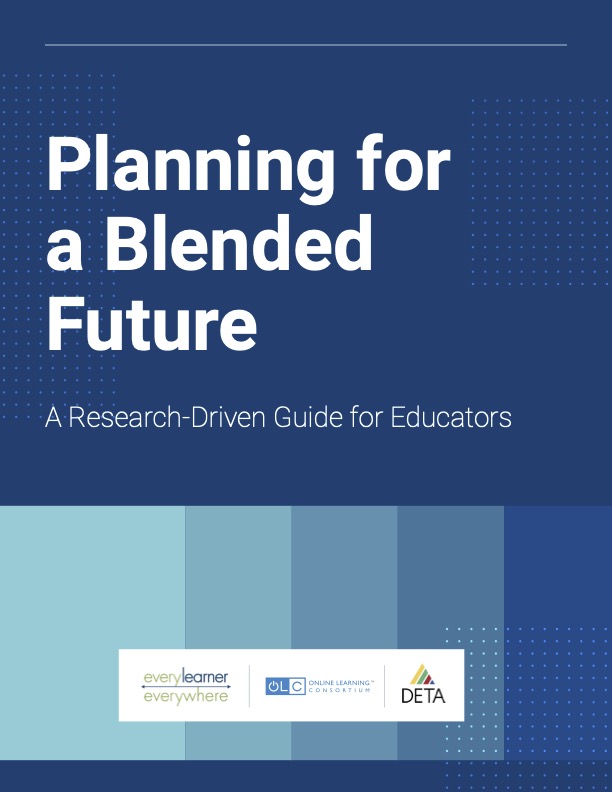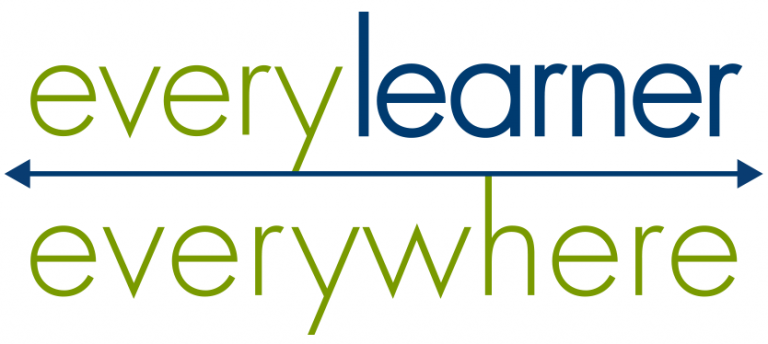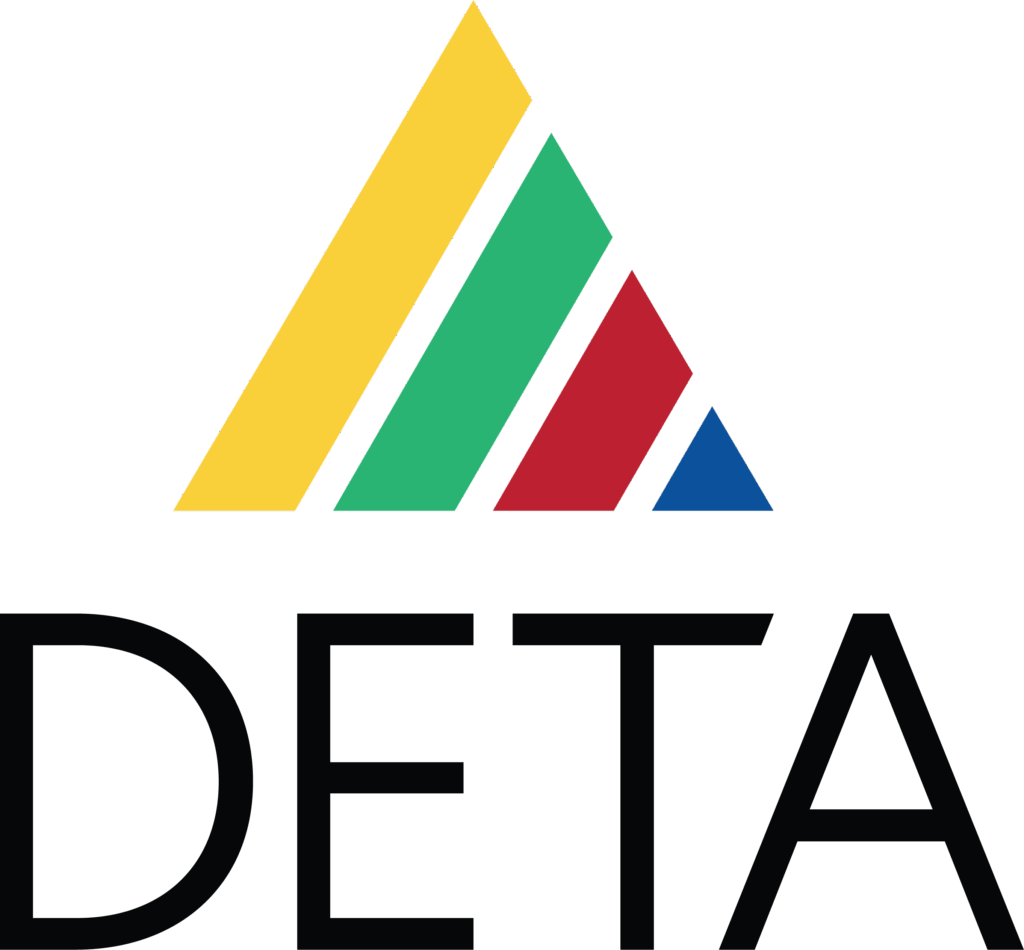About the Guide
Conceptualizing what blended learning (hybrid learning) looks like on your campus is an important step in ensuring quality learning for your students. Identifying a blended model for your courses and programs that is derived from research-based, effective practices with documented improvement of student outcomes is critical. Since many of you have had to quickly launch technology-driven blended options, it is time to strategically plan for a blended model for your campus, programs, and courses. Planning for a Blended Future: A Research-Driven Guide for Educators identifies factors and techniques to be considered for responsive planning and redesigning of courses and programs for post-inoculation education in institutions of higher education. This guide moves beyond getting started with blended learning to help educators realize the best of online and onsite instruction and implement research-driven techniques to positively influence student outcomes.
Who You Are
Planning for a Blended Future is designed to serve as a resource for educators — faculty, instructors, instructional staff, instructional improvement staff, instructional designers, learning experience designers and developers, technological support staff, and other stakeholders — to guide strategic planning for blended learning courses and programs.
Key Takeaways
By intentionally developing your research-based knowledge about blended learning and committing to purposeful reflection and actions, you can create high-quality blended learning experiences for students in your institution’s courses and programs. Planning for a Blended Future provides foundational knowledge about blended learning, nurtures a pedagogical shift in thinking, fosters reflection and reframing about blended learning in courses and programs, and provides resources to help you plan for your blended future.




